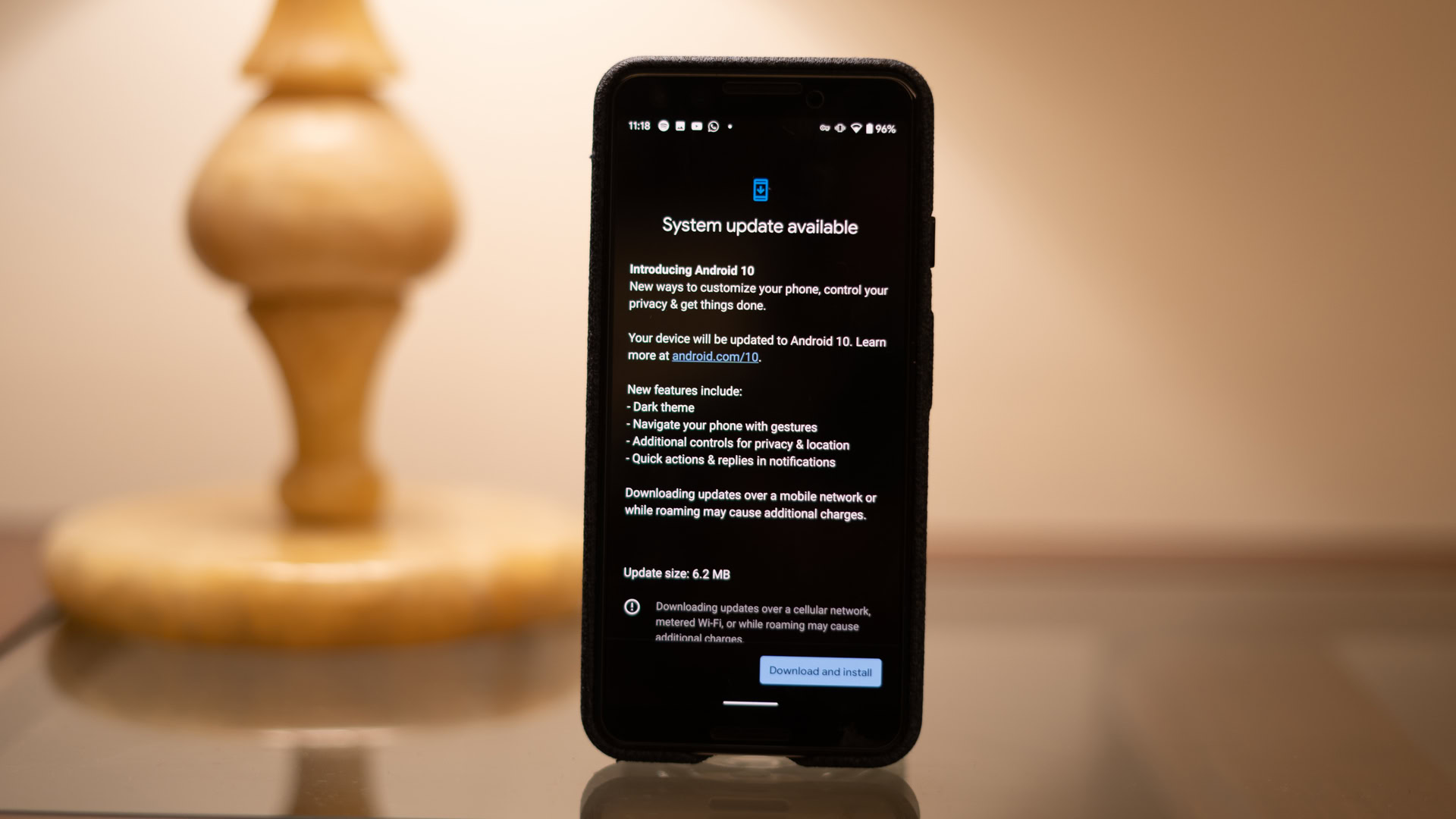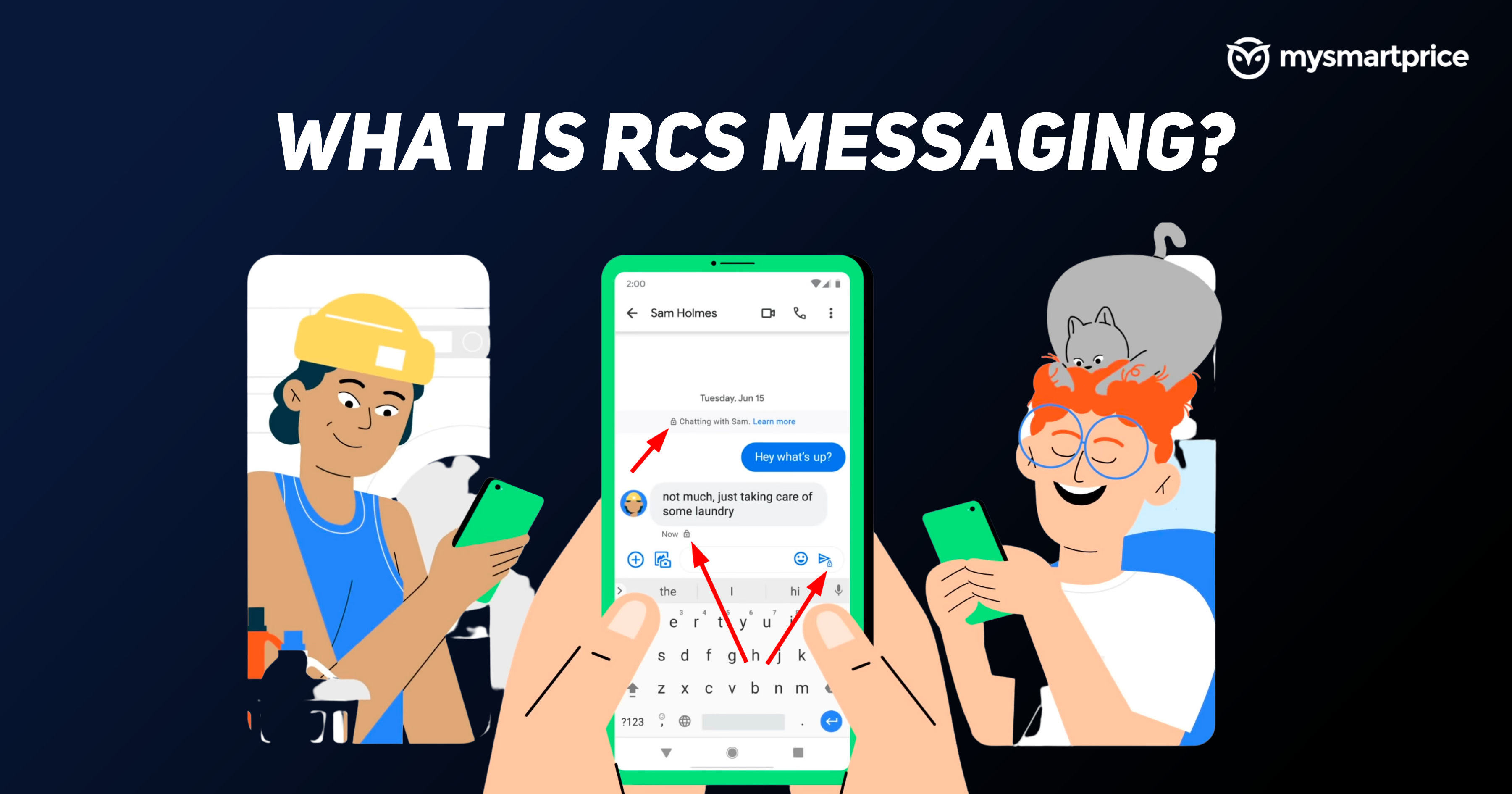Android security updates are crucial for ensuring the safety and performance of all supported Android devices. Recently, Google has rolled out a noteworthy update as part of the broader Google Services update, enhancing Android device security significantly. This update comes with the introduction of automatic device reboot after three days of inactivity, mirroring similar features found in Apple devices. By entering a more secure state called Before First Unlock (BFU), users must use traditional methods for unlocking their devices. Alongside these security enhancements, the update includes several new features and improvements related to the Google Play services and applications, making it an essential download for every Android user.
In the world of mobile technology, keeping your devices secure is more important than ever, and recent enhancements in Android system stability highlight this focus. Known for its diverse range of features, Android is now implementing automatic device reboots for inactive users, a feature that aligns with the latest updates in its ecosystem. The new functionality aims to enhance both user experience and overall security, especially vital for users relying on biometric unlock methods. As part of the comprehensive Google Services improvement, this update also addresses several enhancements and potential fixes related to biometric unlock issues that users may have encountered. With these vital changes, including updates to the Android operating system and Google Play, users are encouraged to embrace the latest technology offerings.
Enhanced Android Device Security Through Automatic Reboot
The latest Google Services update introduces a pivotal security enhancement for Android devices, implementing automatic reboots for inactive devices. This feature aims to bolster Android device security by ensuring that any locked device will restart automatically after three consecutive days of inactivity. In doing so, Google is effectively transitioning inactive devices into a more secure state, minimizing risks associated with unauthorized access and potential breaches. This is particularly significant in today’s digital landscape, where the security of mobile devices is paramount.
By mandating this automatic device reboot, Google emulates similar practices found in Apple’s ecosystem, ensuring that both Android and iOS users remain protected from vulnerabilities that arise from prolonged inactivity. The reboot feature falls under the Before First Unlock (BFU) state, wherein users must enter a PIN or password, as biometric unlock methods become unavailable after the set period. Such measures not only enhance the security of devices but also ensure compliance with best practices in device management and user privacy.
Understanding the Impact of the Google Services Update
The recent Google Services update encompasses more than just security enhancements; it also includes performance improvements and usability features. With the rollout of Google Play services version 25.4, users can expect to see improvements such as content previews in Quick Share and user interface updates for key applications like Phone and Wallet. These updates are designed to enrich the user experience across various Android devices, including phones, tablets, and smart devices like TVs and wearables.
This update underscores Google’s commitment to enhancing overall Android device security while simultaneously refining the functionality of Google services. By integrating these enhancements, users can enjoy a more reliable and user-friendly experience. Moreover, it stresses the importance of staying updated with the latest releases to leverage improved features and ensure optimal device performance.
Navigating Biometric Unlock Issues in Android
Biometric unlock methods, although touted for their convenience and security, can present challenges for users in light of the new BFU state. After three days of inactivity, Android devices will require users to input a PIN or password, disabling biometric options such as fingerprint and face recognition. This presents a frustrating scenario for users who favor biometric authentication for its speed and accessibility.
The rationale behind this measure mirrors that of Apple’s approach to security, yet users often question the necessity of reverting to PIN login methods when biometric systems are available. It highlights an ongoing debate about balancing security needs and user convenience in both Android and iOS ecosystems. Notably, some Android biometric systems face scrutiny regarding their security efficacy, which may influence the decision to enforce stricter unlock requirements. The resolution of these conflicting methodologies is essential for enhancing user trust and satisfaction.
The Role of Android 16 Features in Device Management
As Android evolves, new features introduced with Android 16 have significant implications for device management and security. One of the standout features is the mandatory reboot for inactive devices, designed to enhance security. This leads to intriguing discussions around the user experience and the necessity of strict protocols for device security. Such innovations remind users of the importance of regularly engaging their devices, as doing so helps maintain a secure environment.
The advancements seen in Android 16, while beneficial, also require users to adapt to new norms regarding device usage. The emphasis on security might compel users to manage their devices more actively, minimizing instances of longer device inactivity. Ensuring that devices remain secure while allowing for efficient usability remains a balancing act for both Android users and developers.
Comparison with Other Operating Systems: Android vs. iOS
A notable aspect of the Android security update is its comparative approach to Apple’s iOS system. Apple has long implemented a security measure requiring devices to reboot after a specified period of inactivity, enforcing a BFU state similar to what is now being adopted in Android. This cross-platform similarity raises questions about user experience and security standards in mobile operating systems, highlighting how both Google and Apple prioritize the safeguarding of user data.
While users often appreciate Android’s flexibility and customization options, the new automatic device reboot feature reflects a more stringent stance on security reminiscent of Apple’s policies. This comparison demonstrates how competition among leading mobile operating systems fosters innovation, resulting in enhancements meant to secure user information and streamline operations across devices, ultimately improving the overall security landscape.
Implications of Google Play Services Version Updates
With each new version of Google Play services, significant implications arise for Android device security and functionality. The rollout of version 25.4 introduces updates that not only improve the user interface but also optimize the performance of applications crucial for day-to-day tasks. As users adopt these updates, they will experience a smoother interaction with their devices, showcasing the importance of remaining updated with the latest versions of essential services.
The version updates also include security patches that tackle vulnerabilities identified in earlier releases. Google plays a pivotal role in ensuring that such updates are regularly enforced, ultimately enhancing the reliability of Android device security. Keeping Android devices updated with the latest Google Play services ensures both functionality and security, benefiting all users.
Understanding the Before First Unlock (BFU) State
The Before First Unlock (BFU) state represents a critical transition in Android device security. Introduced with the latest updates, the BFU state requires users to input their PIN or password after a device has been locked for three days. This approach is designed to fortify security by limiting access through less secure biometric methods like facial recognition or fingerprint scanning. While necessary, this state calls for an adjustment in user habits regarding their device usage.
The essence of BFU lies in its ability to deter unauthorized access when devices are locked for extended periods. By requiring a PIN or password after three days, Google adds an additional layer of protection against potential breaches. However, users who rely heavily on biometric unlock methods may find this adjustment frustrating. Understanding the reasons behind these measures is essential for users, as it emphasizes the importance of balancing convenience with security.
Future Directions for Android Security Updates
Looking ahead, the direction of Android security updates seems focused on enhancing user security without compromising convenience. The new practices initiated by Google may prompt further innovations to streamline the user experience while maintaining rigorous security protocols. As technology advances, users can expect to see dynamic updates that incorporate biometric advancements, perhaps moving towards more sophisticated methods that align with security requirements.
With increased awareness surrounding mobile device security, future Android updates may prioritize both improved user experience and top-notch security mechanisms. Innovations could include enhanced biometric technologies that provide an added layer of security without the inconvenience of frequent PIN entries. The evolution of security measures in Android will continue to adapt to the changing landscape of technological threats, ensuring that users remain protected.
Staying Informed About Android Device Security
Given the rapid development within the Android ecosystem, it is crucial for users to remain informed about the latest updates and features. Regularly checking for updates, understanding the implications of these changes, and staying informed about best practices for maintaining security can significantly enhance the safety of Android devices. Users should engage with available resources, including official Google announcements, to stay abreast of crucial updates that directly impact their security profile.
Engaging in proactive management of device security, such as setting reminders to check for updates, is essential in an increasingly complex digital environment. As the Android landscape continues to evolve, taking an active role in device management not only enhances security but also helps users leverage new features and improvements that optimize their overall experience.
Frequently Asked Questions
What is the new Android security update related to Google Services update?
The latest Android security update, part of the Google Services update, enhances the security of all supported Android devices. It includes an automatic reboot feature for inactive devices, increasing security by putting devices into a Before First Unlock (BFU) state after three days of inactivity.
How does the automatic device reboot feature enhance Android device security?
The automatic device reboot feature improves Android device security by ensuring that if a device is idle for three consecutive days, it reboots into a secured state. This reboot process limits access through biometric unlock methods, requiring users to enter a PIN or password instead.
What are the implications of the Before First Unlock (BFU) state on Android devices?
When an Android device enters the Before First Unlock (BFU) state after three days of inactivity due to the security update, biometric unlock methods become unavailable. Users must use their PIN or password to access their devices, a measure that aims to increase overall device security.
Are Android security updates similar to Apple’s security features?
Yes, the recent Android security update mimics Apple’s security features by utilizing an automatic reboot after a set inactivity period. Both systems aim to enhance user security by forcing a state where biometric unlock methods cannot be used, thereby requiring traditional authentication methods.
What new features are included in the latest Google Play services update?
The latest Google Play services update, version 25.4, includes various enhancements such as content previews in Quick Share, UI updates, and improvements to essential apps like Phone and Wallet, further enhancing the user experience in conjunction with the security update.
Will the new Android security features affect all types of Android devices?
Yes, the new Android security features will impact all supported devices, including phones, tablets, and devices running Android Auto, TV, and Wear. This comprehensive rollout ensures a heightened level of security across the board for all Android system users.
Why does Android require a PIN after three days of inactivity?
Android requires a PIN after three days of inactivity to enhance security by entering a Before First Unlock (BFU) state. This measure prevents unauthorized access by ensuring that only users who know the PIN can unlock the device after such a period, addressing vulnerabilities in biometric recognition systems.
What are biometric unlock issues related to the new Android update?
With the implementation of the new Android security update, biometric unlock methods will be disabled after three days of inactivity, leading to potential concern for users accustomed to using biometrics for convenience. The requirement for a PIN ensures enhanced security, albeit at the cost of user experience.
| Key Points | Details |
|---|---|
| Android Security Update | Google is implementing a security update for all supported Android versions. |
| Automatic Device Reboot | Inactive devices will reboot automatically after three days of inactivity. |
| Before First Unlock (BFU) State | Devices will enter a BFU state after three days, disabling biometric unlock. |
| Comparison with Apple | Apple devices also enforce a similar automatic reboot and BFU state. |
| Overall Enhancements | Updates include security improvements, new features in Google Play services, and UI updates. |
Summary
The Android security update is a pivotal enhancement aimed at fortifying the security of Android devices. This update not only introduces an automatic reboot feature for inactive devices but also transitions them into a more secure BFU state. Such measures are reminiscent of practices in iOS, emphasizing the importance of maintaining security standards across platforms. With Google consistently rolling out updates to improve functionality and security, users can expect a more reliable and secure experience with their Android devices.



